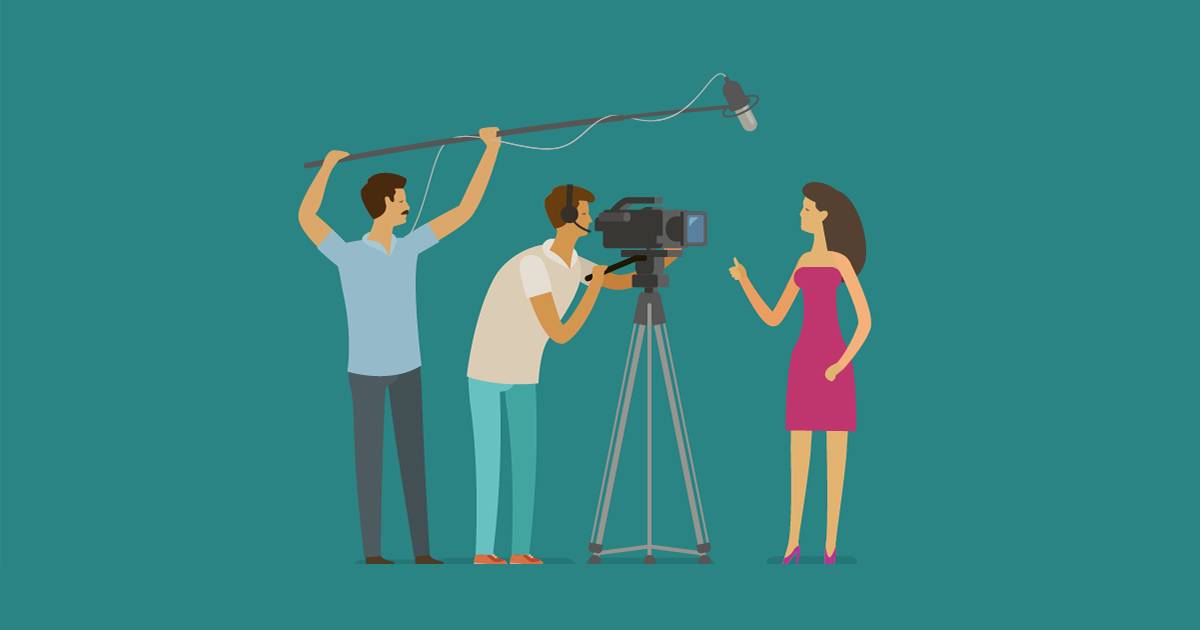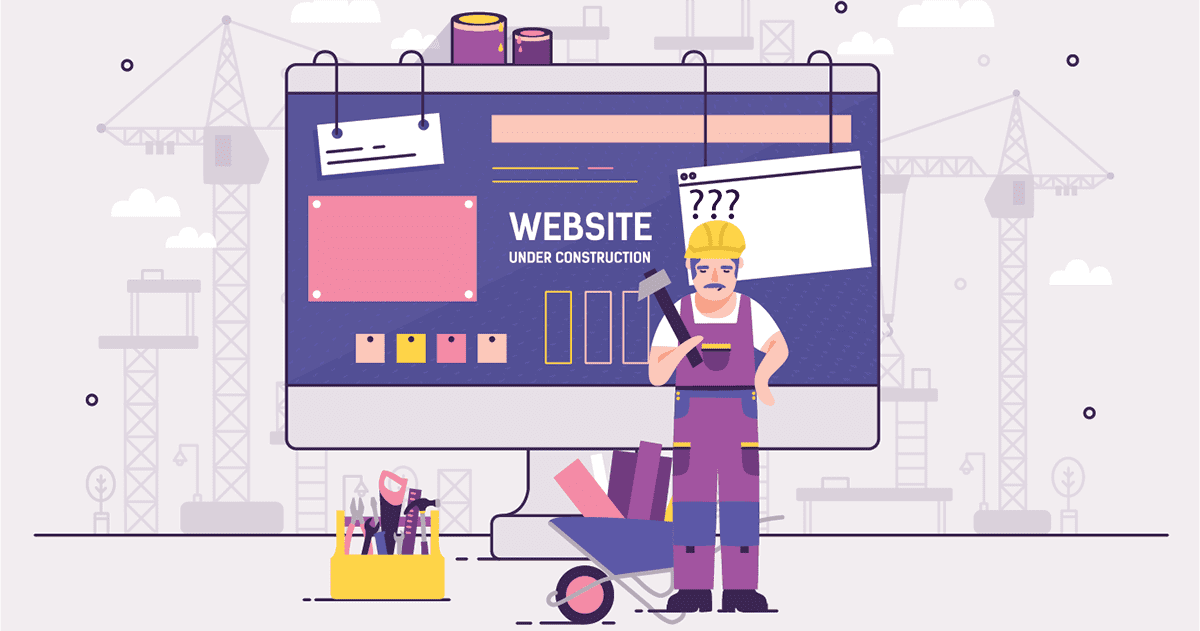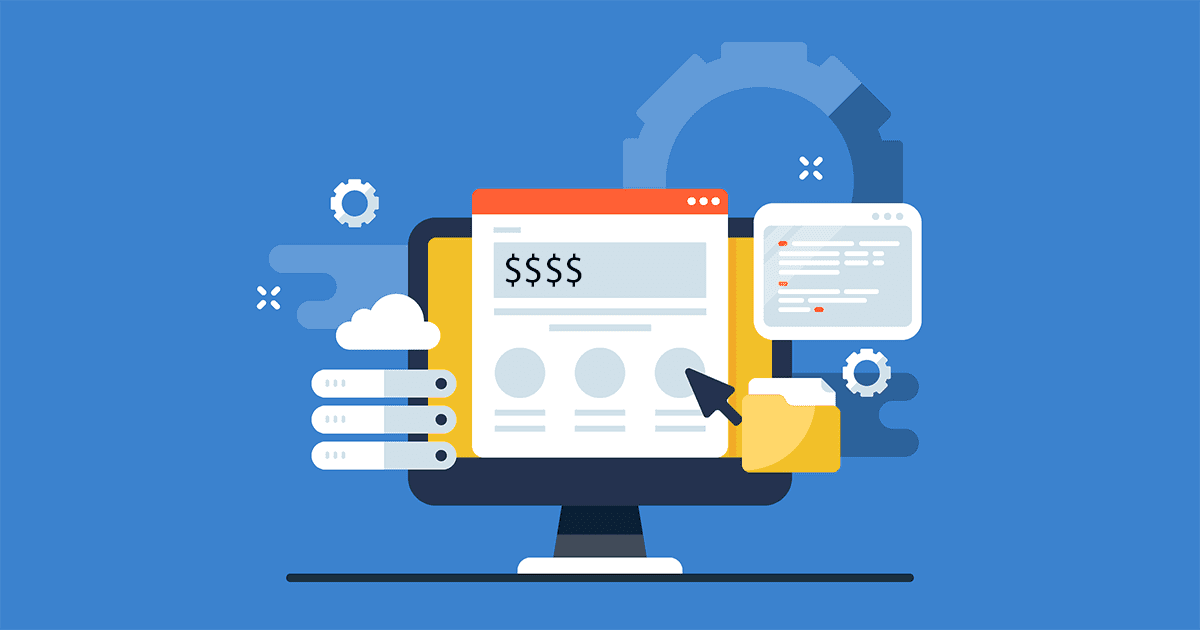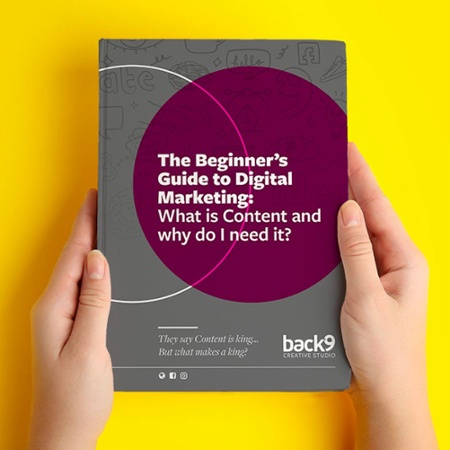At Back9 we love helping local businesses tell their stories through the power of video. However, the majority of them have never even filmed themselves to post on their website or social media; let alone being a part of professional video production. The idea of creating high-quality video always goes down a treat right up until the realisation kicks in that they will have to be the ones standing in front of the camera. So how can you prepare to be on video?
Whether you’re delivering a scripted message, filming an unscripted interview, giving a testimonial, or showcasing a product, preparation is key. I’ll walk you through a few practical tips to help you shine on camera—like a true movie star.
Tips to prepare to be on video
A few things you can do to prepare to be on video are smile for the camera, think about your message, have a straight back, talk with your hands, and wear the right outfit.
Smile for the camera
A great way to begin every video is to be smiling before you even start talking. Quite often people don’t smile nearly as much as they think they do. It will show your viewer that you are excited and enjoy talking to them.
Smiling throughout the video is actually quite a tricky one to remember once the camera starts rolling. But it does make such a huge difference in the final video. Another pro tip is to always end the video with a smile, as this is going to be the last frame that the viewer will see of you. And you want them to remember that beautiful smile.
Think about what message you want to say
Even if your video isn’t scripted, take time to think about what you want to say. For interview-style videos, ask if you can review the questions beforehand. That way, you can prepare your responses to sound natural and aligned with your message.
If you’re working with a script, make sure you’re happy with it. Read it out loud or practise in front of a mirror. What looks good on paper can sometimes sound awkward when spoken. Aim to deliver every line with confidence, and don’t hesitate to refine the script until it feels right.
Straight back
Whether you’re sitting or standing, good posture is key. Yes, it might feel like being back at school—but no one wants to come across as slouchy or disinterested on camera.
If you’re sitting, avoid leaning back or sinking into the couch. Try to sit forward so your back isn’t resting against the chair. You might not feel completely comfortable, but sitting this way shows your engagement, boosts your energy, and makes you look more confident on camera.
Talk with your hands
A lot of people we’ve filmed often say, “I move my hands too much when I talk.” But funnily enough, the opposite is usually true—you probably need to move them more!
Hand gestures are a powerful communication tool. They add energy, help express your passion, and keep your audience engaged. Standing stiff with your arms pinned to your sides makes you look—and feel—unnatural. So don’t be afraid to let your hands do some of the talking too.

What to wear
These are few tips for dress code but remember, these are not rules.
- Try to avoid clothes with patterns & plain white
- Choose comfortable clothes that make you feel like a boss
- Avoid any dangling/loud jewellery or accessories as they can often be picked up by the microphone.
- Bring a spare set of clothes that are the opposite colour/tone. When the shooting locations changes to a nice green garden, and you have your favourite green dress on, you could get lost in the background. It also doubles as a backup set of clothes if the unthinkable happens like spilling a coffee on your camera-ready outfit right before the shoot.
- Check out more clothing tips here.
Remember, it’s all about the viewer
This one’s big. Remember, the video isn’t being made for you to watch and critique how you look or sound. You’re creating it to share a message with your audience. They won’t know how far outside your comfort zone you were—what they’ll notice is your passion, clarity, and energy. If you deliver your message in a way that connects, then you’ve nailed it.
And here’s the good news—the more time you spend on camera, the more confident you’ll become. The key is to start. Then do it again. And again.













